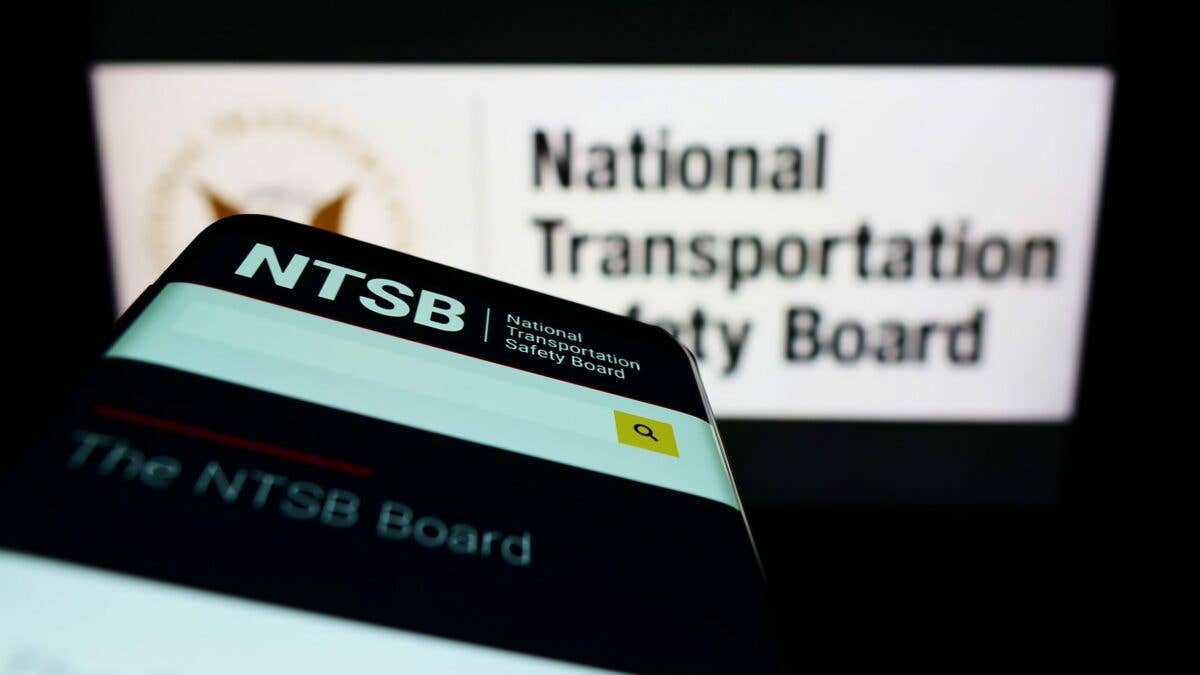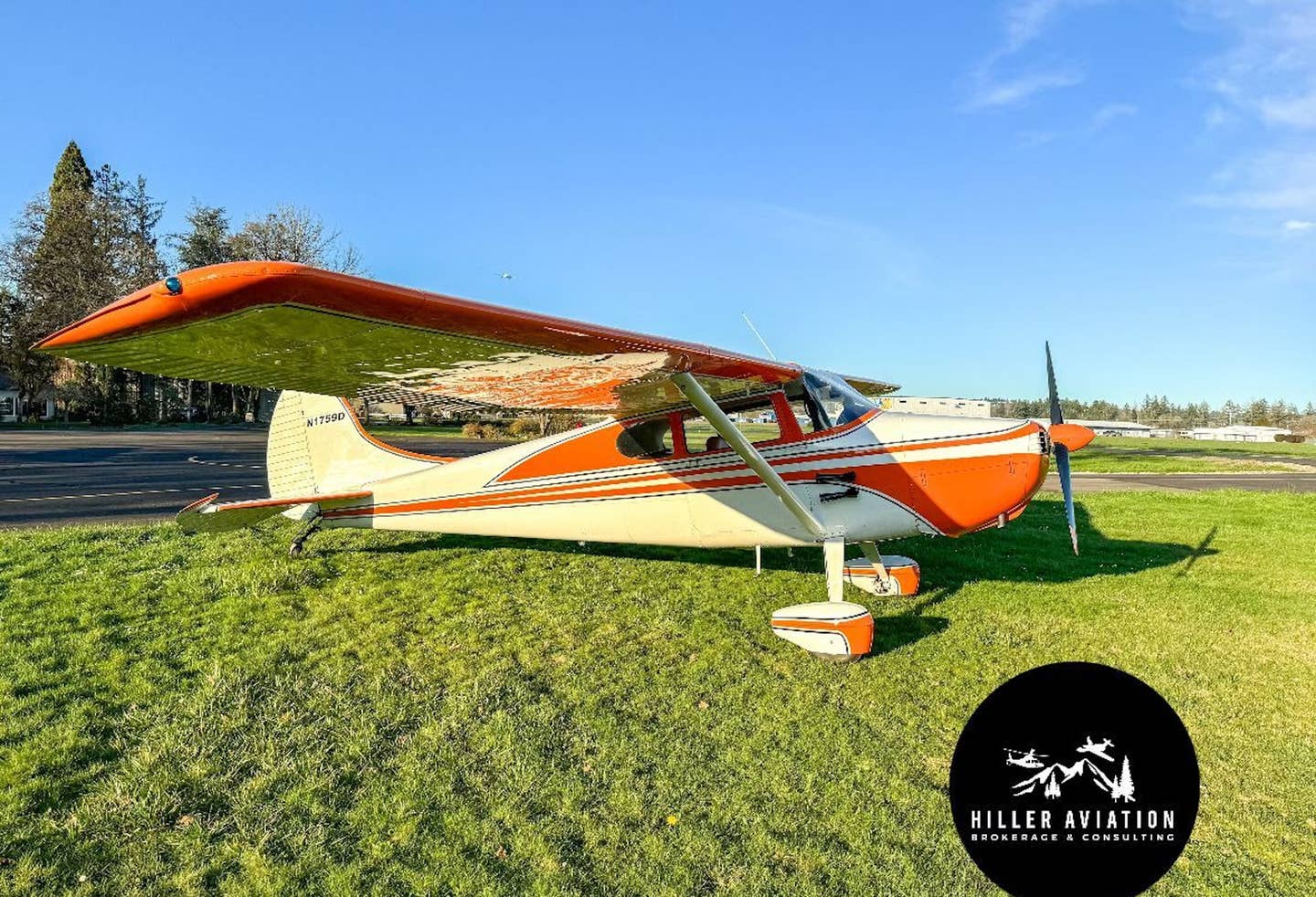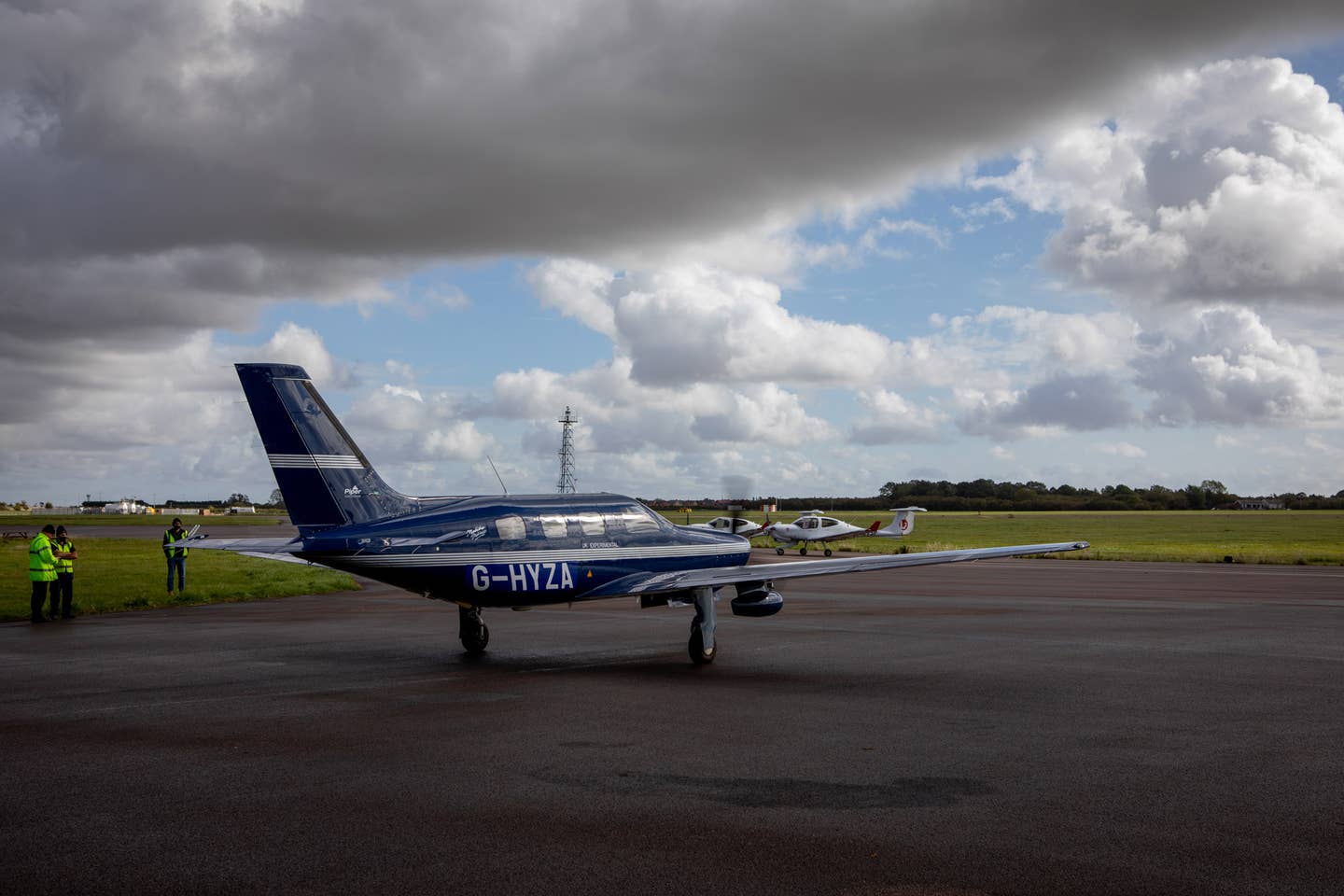
** How the FAA evaluates substance abuse
has changed substantially in recent years.**
(November 2011) Federal aviation regulations have not changed, but the procedures the FAA uses to evaluate and certify pilots with alcohol and drug issues, and those on certain antidepressant medications, have changed substantially in the past three years. Pilots with such issues are unpleasantly surprised when confronted by FAA procedures and probably would have chosen a different course if forewarned. Here is what you need to know.
Operation of Motor Vehicle While Impaired
The FAA now scrutinizes each alcohol-related event. There is no free pass for the first or second event as in the past. If you are implicated operating a motor vehicle — yes, a boat qualifies — while under the influence of alcohol, you must within 60 days notify the FAA Security and Investigations Division (AMC-700).
This has been regulatory since 1990. Required disclosure on the 8500 form at your aviation medical examiner (AME), even if within the 60-day window, does not meet the reporting requirement. You still must notify the FAA Security and Investigations Division separately.
What is new is how the FAA then handles the reported event. In all cases the FAA will require complete documentation — police and court records and a letter of explanation from you, the pilot. The FAA will carefully review this information and consider any evidence that there is a pattern of problems, especially if this is not the first incident. If you are involved in such an incident, consultation with your AME or a HIMS AME well before your medical expires may assure that all the supporting data is collected for the FAA to make an expeditious decision when you reapply.
However, if your blood alcohol concentration (BAC) is 0.15 or above, the FAA will require at minimum a formal substance abuse evaluation. Court-mandated evaluations rarely meet FAA specifications, and you must obtain a detailed substance abuse evaluation on your own. Because the FAA will probably ask you to consult a HIMS AME, accomplishing this proactively will save you time. The HIMS AME will review the results and add his/her own evaluation. Your certificate will remain valid, unless evaluations raise further questions as to your substance usage.
If your BAC is 0.20 or more, the FAA will likely conclude you have an alcohol abuse or dependence diagnosis, and may disqualify you from flying — even if it is the first incident. Depending upon the results of a detailed evaluation, likely including psychiatric and psychological consultations, you will need to qualify for a special issuance (also called an authorization). This requires participation in the HIMS process.
If you refuse a Breathalyzer test at a vehicular stop, the FAA assumes you have an alcohol abuse problem and will require a substance abuse evaluation and participation in the HIMS process in order to qualify for special issuance. While a lawyer may advise a civilian not to blow at a traffic stop, this is not good advice if you are a pilot.
The FAA handles drug problems even more strictly. The specifics depend upon the details of the pilot’s substance abuse. However, it is unlikely a pilot will be considered for special issuance without participation in the HIMS process for at least nine to 12 months. Long-term monitoring in the HIMS program after special issuance is also a requisite.
What Is a HIMS Process or Program?
HIMS is an acronym for the unusually named "Human Intervention and Motivation Study." This is a program that began in 1973 in a cooperative effort between the FAA and the Air Line Pilots Association as an avenue for airline pilots recovering from alcohol and/or drug abuse and dependence to return to the cockpit. It was labeled "study" because it was not initially clear that the process would succeed. HIMS has since proved exceptionally successful with more than 4,500 pilots returned to duty and about 120 pilots added to the list each year. The process is also open to any general aviation pilot. The HIMS program is lengthy and time-consuming and has associated expenses — but leads to good recoveries in a high percentage of cases. It is certainly better than never flying again.
To begin, the FAA requires a 28-day residential drug and/or alcohol rehabilitation. An intensive outpatient program typically is not acceptable. This is much longer than covered by most medical insurance plans. This is followed by “90-90,” approximately 90 sessions with AA (Alcoholics Anonymous), BOAF (Birds of a Feather) or a similar appropriate organization in the first 90 days after residential discharge. Continued attendance is then required, perhaps three times a week.
Shortly after discharge from the residential facility, the pilot is required to see a HIMS AME. About 130 of the 4,000 FAA AMEs have been appointed by the FAA after specific training to act as a HIMS IMS (independent medical sponsor). They are listed with their addresses on the FAA website. A HIMS AME will then follow the pilot with periodic consultations tailored to the specific individual, and will arrange random alcohol and drug testing. Further psychiatric evaluations and psychological testing will also be required.
The recovering GA pilot will likely need a peer or civilian AA sponsor, and a workplace monitor, in addition to the HIMS IMS.
The mainstay of the HIMS program is absolute abstinence from alcohol and drugs. There is no other option. Even after receiving a special issuance, the pilot must remain abstinent and can expect formal monitoring for several years, or possibly as long as the pilot holds a medical certificate.
A pilot must demonstrate good recovery to be considered. The minimum time to expect a special issuance is six months; however, one or two years are often required. While I have described a typical HIMS process, each pilot I see is managed individually in collaboration with the FAA. Further general information is available at himsprogram.com.
Antidepressants
The FAA recently changed its stance and now enlists the expertise of HIMS AMEs to evaluate and monitor pilots with depression on certain antidepressant medications.
If you have been taking an antidepressant, there are two pathways to regain or maintain certification. The easiest is if you required an antidepressant for an episode of depression but you and your doctor determine you no longer need the antidepressant. After a documented 90 days off medication, without recurrence of depression, you can apply for a regularly issued medical certificate. The FAA will require a letter from a psychiatrist confirming you have been off the medication and do not have evidence of continued depression. While any AME may accomplish the evaluation and review, a HIMS AME will better understand the process, especially if there are complicating factors. If the AME agrees depression has resolved and further medication is not required, a regular medical certificate can be issued.
The second, more complex pathway, available since April 2010, is for those who meet the following criteria:
1. Mild to moderate and uncomplicated depression. (Rarely the FAA will consider other diagnoses requiring an SSRI, or selective serotonin reuptake inhibitor.)
2. Depression controlled by a stable dose of one of only four SSRIs — Prozac, Lexapro, Zoloft or Celexa.
3. The SSRI must be effective, with no side effects, and taken for a full year. There has been no change in dosage or type, and no need for any other psychotropic medication.
4. A detailed neurocognitive evaluation must confirm the SSRI has no effect on psychomotor skills.
5. A HIMS AME must evaluate all the data, carry out a routine aviation medical examination, and specifically evaluate the pilot's mood and mental status. A detailed report is then prepared for the FAA, and the HIMS AME acts as the pilot's IMS (independent medical sponsor).
6. If the FAA is satisfied, a special issuance is provided. However, continued monitoring by the HIMS AME, repeat neurocognitive testing, and reports from the pilot's treating physician, psychiatrist and aviation employer (for Class One and Two) will be required. Details of the monitoring requirements are individualized.
As an active HIMS AME, I have found that my experience with pilots and the FAA has been very favorable. Pilots with depression well controlled on an SSRI can safely fly.
Pilots can regain certification after substance abuse problems, but it takes fortitude and dedication — the same two skills required to recover from alcohol and drugs.
Ian Blair Fries is a senior FAA Human Intervention and Motivation Study medical examiner.

Sign-up for newsletters & special offers!
Get the latest FLYING stories & special offers delivered directly to your inbox






